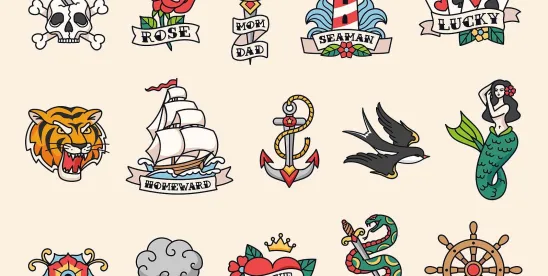A jury rejected allegations that a video-game maker’s use of tattoos in a game violated the copyright of the artist who inked them, finding the video-game maker had an implied license to depict a player’s tattoos in its likeness of him. Hayden v. 2K Games Inc., Case No. 1:17-cv-02635 (N.D. Ohio)
Jimmy Hayden is a tattoo artist who has created works for many National Basketball Association (NBA) stars, including Lebron James, Shaquille O’Neal, Kyrie Irving, Danny Green and Tristan Thompson. Hayden filed suit against Take-Two Interactive Games, a developer, publisher and marketer of interactive entertainment and video games, in 2017 for the depiction of his copyrighted tattoos on the likenesses of James, Green and Thompson in the popular NBA 2K game series. The NBA 2K series allows players to control realistic avatars of more than 400 NBA players.
In January 2024, the district court dismissed the infringement claims concerning four of the six tattoos but ruled that claims concerning two of the tattoos on James could proceed to trial. The jury found that Take-Two’s agreement with the NBA and its players’ union to use James’s likeness included an implied license to depict his tattoos.
Practice Note: A likely issue on appeal will be whether the jury was correctly instructed in the implied license doctrine, which involves inferring intent from the parties’ conduct, as well as whether it applied the doctrine correctly.
Similar Cases
This case is the latest in a series of disputes between tattoo artists and the use of their work in video games. In 2020, Take-Two was sued in the US District Court for the Southern District of New York over its depiction of tattoos on NBA players, including James, Kenyon Martin and Eric Bledsoe. In that case, Solid Oak Sketches, Inc. v. Take-Two Games, Inc. (499 F.Supp.3d 333 (S.D.N.Y. 2020)), the district court granted Take-Two’s motion for summary judgment, finding that the tattoos depicted on the basketball players were not substantially similar to the actual tattoos, that the video game company’s use was within the license granted by the players to use their likeness and that the video game’s use of the copyrighted tattoos was transformative.
In another case, Alexander v. Take-Two Interactive Software, Inc. et al. (Case No. 18-cv-966-SMY, (S.D. Ill. 2022)), a tattoo artist won a jury trial concerning the depiction of tattoos on professional wrestler Randy Orton in Take-Two’s WWE 2K video game series. In that case, the jury awarded Alexander $3,750 in damages, finding that the reproduction of the tattoos was not fair use, but the small size of the award reflected their finding that the game’s profits were not attributable to the copied tattoos.



 />i
/>i
